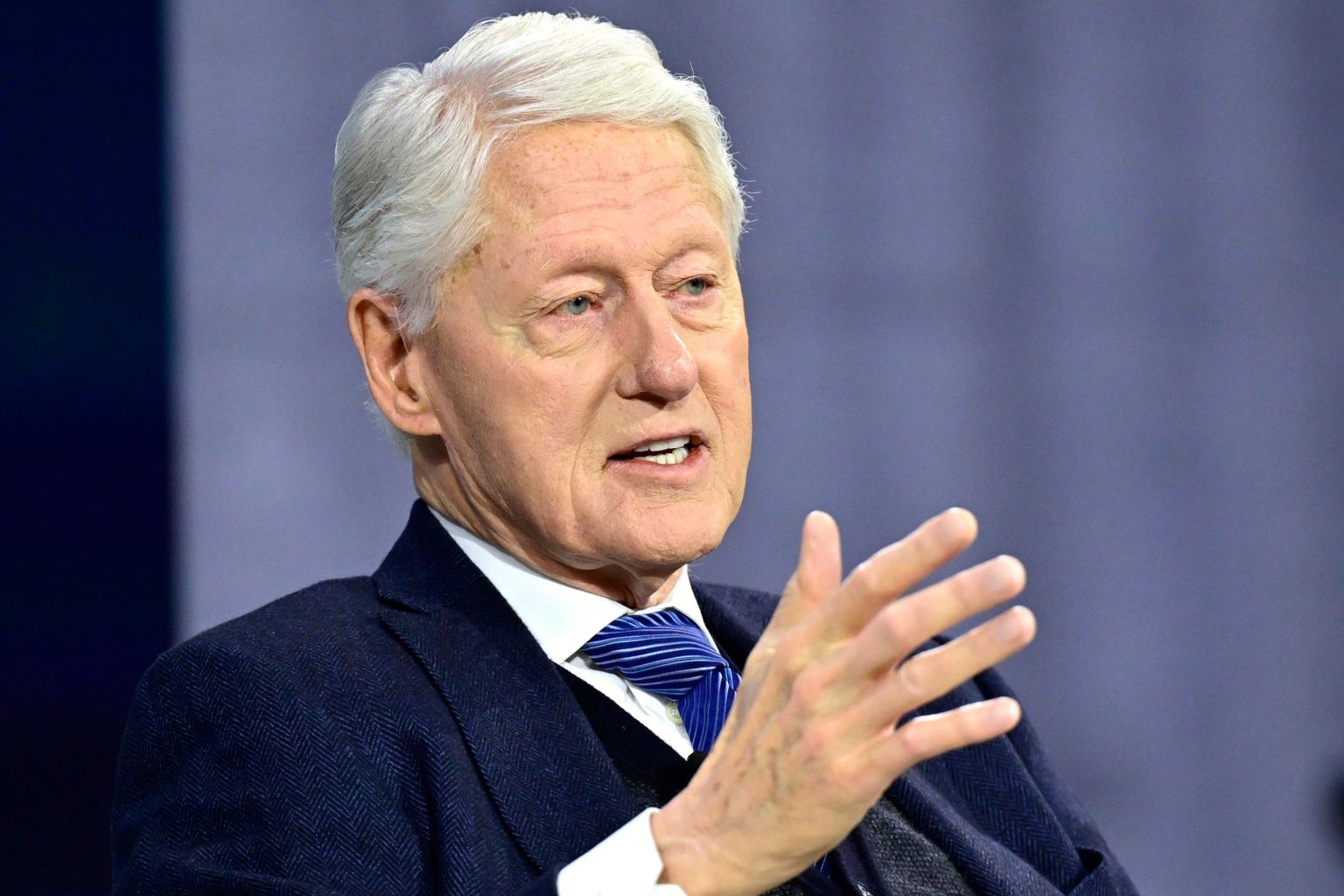The possibility of a preemptive pardon for Hillary Clinton by President Joe Biden has emerged as a topic of discussion, fueled by concerns about potential investigations by the incoming Trump administration. Former President Bill Clinton, while refraining from offering explicit public advice, indicated his willingness to discuss the matter privately with President Biden if approached. This discussion stems from reports that Kash Patel, a Trump nominee, possesses a list of perceived political adversaries, including Hillary Clinton, whom he might target if confirmed for a position within the administration. Clinton’s potential vulnerability arises from the enduring controversy surrounding her use of a private email server during her tenure as Secretary of State, a matter that was intensely scrutinized during the 2016 presidential campaign.
Bill Clinton defended his wife’s actions, asserting that she adhered to existing regulations and that the State Department under the Trump administration found no evidence of classified information being transmitted via her personal device. He characterized the email controversy as a fabricated narrative, questioning Patel’s potential motivations for pursuing further investigation. While expressing his willingness to engage in a private conversation with President Biden regarding a potential pardon, Clinton emphasized the deeply personal nature of such decisions and expressed a general sentiment against pursuing retribution. His statement “I hope he won’t do that,” while ambiguous in its specific reference, hinted at his reservations about either a preemptive pardon or further investigation.
The context of this discussion is shaped by recent pardons issued by President Biden, notably the pardon granted to his son, Hunter Biden, on tax evasion and firearms charges. This pardon effectively shields Hunter Biden from potential prosecution related to allegations of influence peddling, allegations that both Bidens vehemently deny. This act of presidential clemency has added another layer to the ongoing debate about the use and implications of pardons, particularly in politically charged situations.
Adding further complexity to the political landscape is the legal situation of former President Donald Trump. His recent conviction on charges of falsifying business documents marks a historic first for a former U.S. president. Trump maintains his innocence and alleges that the verdict was politically motivated. While facing potential sentencing, Trump is also navigating other legal challenges related to the handling of classified documents, attempts to overturn the 2020 election, and election-related matters in Georgia. He denies wrongdoing in all cases, and the federal cases have been dropped subsequent to his recent election victory.
The convergence of these legal and political circumstances underscores the potential for a highly charged environment during the upcoming presidential transition. The possibility of a preemptive pardon for Hillary Clinton reflects the lingering anxieties about the politicization of justice and the potential for retribution against political opponents. Bill Clinton’s cautious yet open stance underscores the delicate balancing act involved in navigating these complexities.
The potential pardon for Hillary Clinton raises fundamental questions about the purpose and scope of presidential clemency. Is it a tool for ensuring justice, for offering a measure of mercy, or for shielding individuals from politically motivated prosecutions? The debate surrounding this potential pardon reflects the ongoing tension between these differing perspectives. The use of pardons in the context of partisan political battles raises concerns about the fairness and impartiality of the justice system. The prospect of preemptive pardons further complicates the issue, raising questions about whether such actions undermine the rule of law or serve as a necessary safeguard against potential abuses of power. The debate surrounding Hillary Clinton’s potential pardon will undoubtedly continue to unfold as the political landscape evolves and the incoming Trump administration takes shape.


